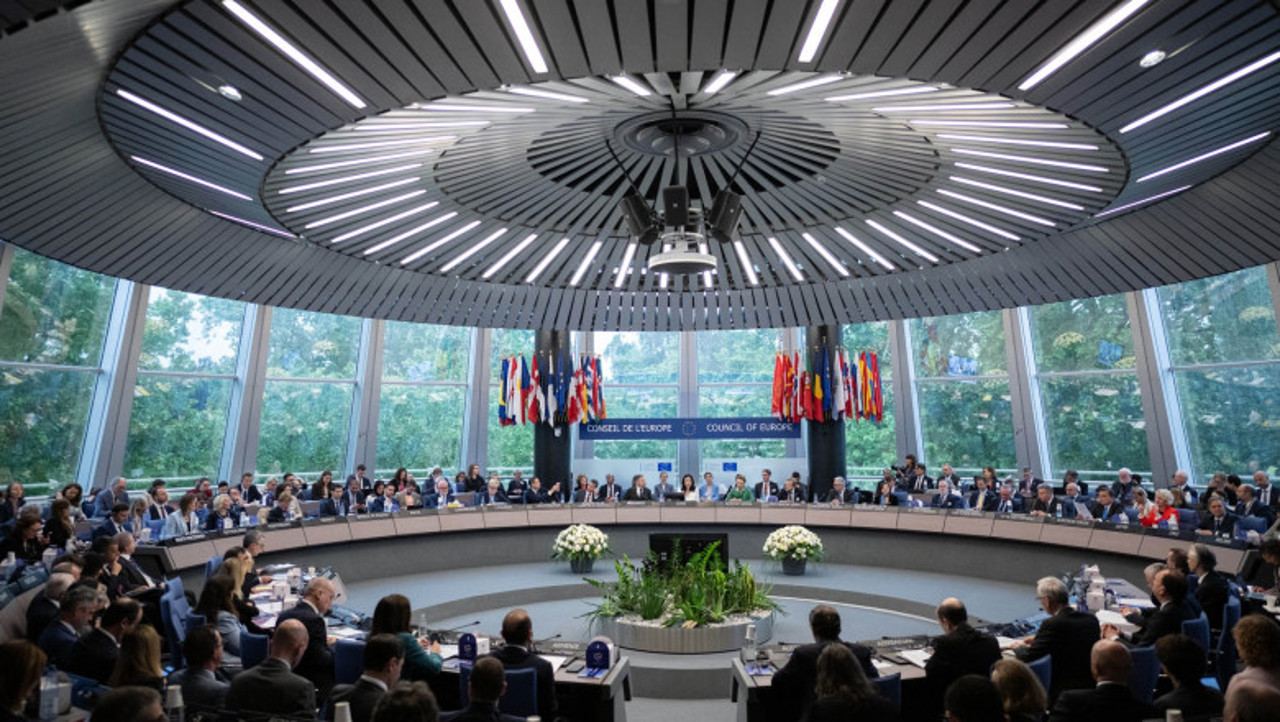Council of Europe adopts first international treaty on artificial intelligence

The Council of Europe has adopted the first-ever international legally binding treaty aimed at ensuring the respect of human rights, the rule of law and democracy legal standards in the use of artificial intelligence (AI) systems, reads a press release of the Council of Europe.
The treaty, which is also open to non-European countries, sets out a legal framework that covers the entire lifecycle of AI systems and addresses the risks they may pose, while promoting responsible innovation. The convention adopts a risk-based approach to the design, development, use, and decommissioning of AI systems, which requires carefully considering any potential negative consequences of using AI systems.
The Council of Europe Framework Convention on artificial intelligence and human rights, democracy, and the rule of law was adopted in Strasbourg during the annual ministerial meeting of the Council of Europe's Committee of Ministers, which brings together the Ministers for Foreign Affairs of the 46 Council of Europe member states.
Council of Europe Secretary General Marija Pejčinović said: “The Framework Convention on Artificial Intelligence is a first-of-its-kind, global treaty that will ensure that Artificial Intelligence upholds people’s rights. It is a response to the need for an international legal standard supported by states in different continents which share the same values to harness the benefits of Artificial intelligence, while mitigating the risks. With this new treaty, we aim to ensure a responsible use of AI that respects human rights, the rule of law and democracy.”
The convention is the outcome of two years' work by an intergovernmental body, the Committee on Artificial Intelligence (CAI), which brought together to draft the treaty the 46 Council of Europe member states, the European Union and 11 non-member states (Argentina, Australia, Canada, Costa Rica, the Holy See, Israel, Japan, Mexico, Peru, the United States of America, and Uruguay), as well as representatives of the private sector, civil society and academia, who participated as observers.
The treaty covers the use of AI systems in the public sector – including companies acting on its behalf - and in the private sector. The convention offers parties two ways of complying with its principles and obligations when regulating the private sector: parties may opt to be directly obliged by the relevant convention provisions or, as an alternative, take other measures to comply with the treaty's provisions while fully respecting their international obligations regarding human rights, democracy and the rule of law. This approach is necessary because of the differences in legal systems around the world.





